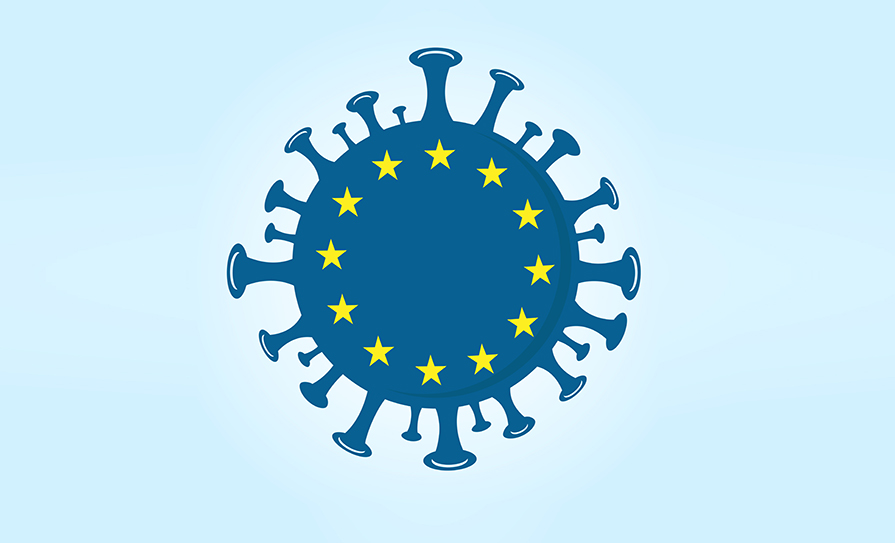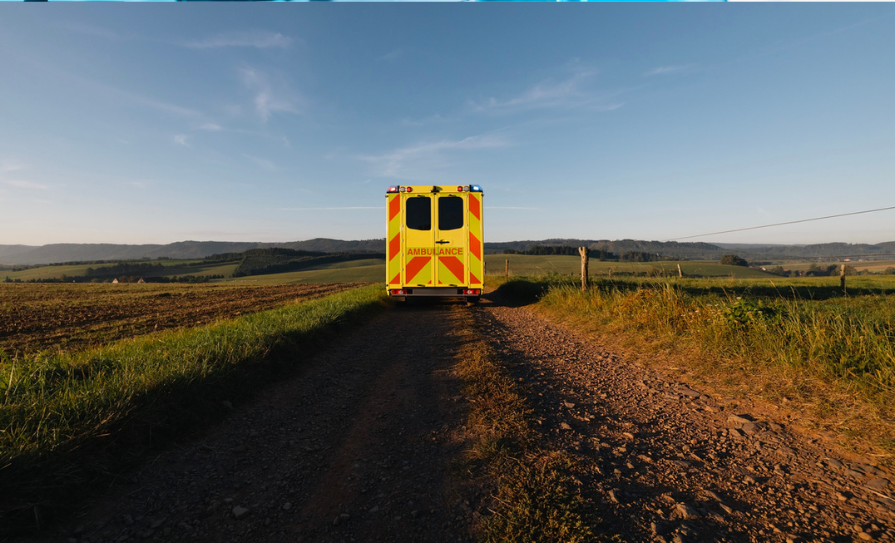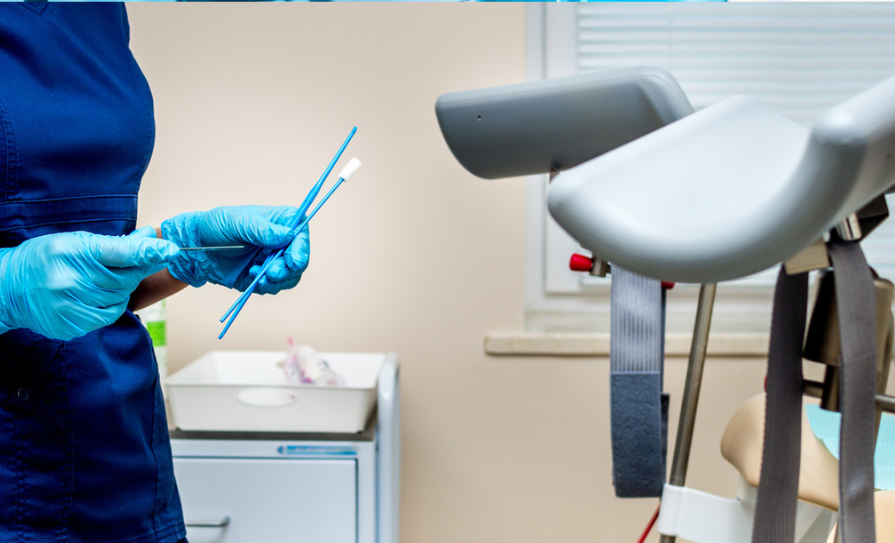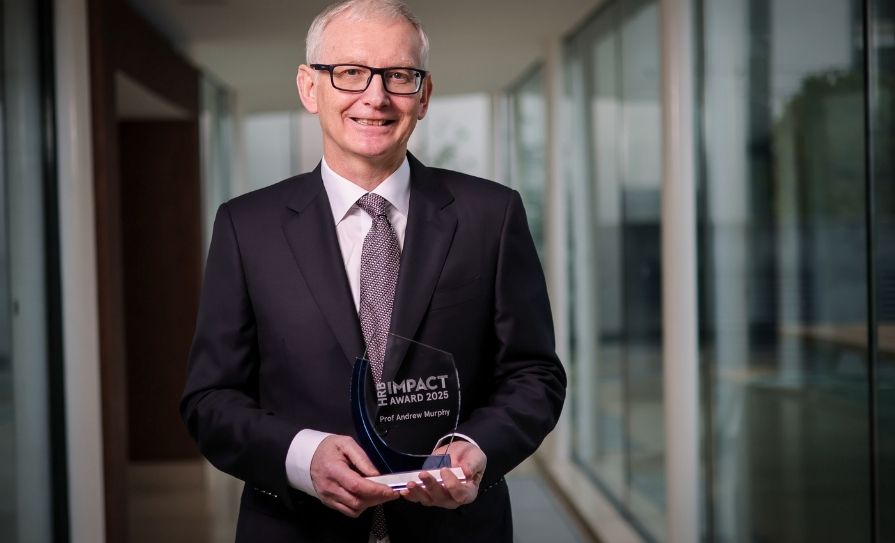David Lynch speaks to Mr Pierre Delsaux, Director General of the European Union’s Health Emergency
Preparedness and Response Authority, which was formed following criticism of Europe’s Covid-19 response
In the first half of 2020, many public health experts were surprised and concerned by the reaction of the European Union (EU) to the Covid-19 crisis. The general lack of coordination between member states led to a significant review of the EU response.
The EU’s Health Emergency Preparedness and Response Authority (HERA) was established in 2021. Its objective is to ensure that the EU and member states are better prepared to act in the face of future cross-border health crises.
HERA aims to do this by supporting the rapid development, manufacturing, procurement, and equitable distribution of key medical counter measures. The development of the Authority is part of a package of emergency preparedness measures under the European Health Union programme, the purpose of which is to strengthen the EU’s health emergency response capacity.
HERA’s establishment is a result of the difficulties experienced in responding to the Covid-19 pandemic. There was no such body in existence at a European-wide level in early 2020.
Chaos
“It’s true. At the beginning of the Covid crisis, of course, as you say, members states were not coordinated, and it created a lot of chaos. That is the first element [behind the creation of HERA],” Mr Pierre Delsaux, Director General of HERA, told the Medical Independent (MI).
MI spoke to Mr Delsaux at the Department of Health in late 2022. He was in Dublin to speak at a conference titled, ‘A European Health Union for the future – preparing for the next cross-border health emergency.’
A series of bilateral engagements between senior Irish public health officials and HERA delegates also took place around the main public event.
The HERA Director said there was a “second element” behind the formation of the body. In the US, there already was a body called the Biomedical Advanced Research and Development Authority (BARDA), which is involved in the procurement and development of medical counter measures as well as preparing for major health threats.
“BARDA played a very important role during the Covid crisis [in the US],” said Mr Delsaux, “so there was also the idea that we need to do something similar in Europe.”
However, the EU is not the same as the US at a political and governmental level.
“Yes, we are in a different context because we are not one country like the US, of course we have 27 member states, so we had to adapt it [HERA] to the EU context,” he said.
“But, clearly, the real idea behind HERA is that we need to be better coordinated. We need to be willing to invest in preparedness, also, for the next crisis. And we need a body there for a crisis to be able to act on behalf of all member states. HERA is not there to prepare the member states, but to work with the member state colleagues to see what we can do.”
Lessons
But have all the public health lessons from the Covid-19 response been learned across the Union?
“You can never be 100 per cent sure about everything,” said Mr Delsaux.
“But when I see now how the member states are behaving when it comes to monkeypox [now called mpox by the World Health Organisation] as a more minor,
but still important crisis, I see now a feeling and an understanding from the member states that we need to work together.
“Let’s be very clear, at the beginning of the Covid crisis nobody knew exactly what it meant, what was the situation, where it will go, etc. There were also selfish reactions like ‘I want to protect our citizens’ or ‘I want to close the borders’.”
He said that such responses could not work because of the nature of the EU and the integrated global world.
Mr Delsaux noted that when Covid vaccines first became available, even some large and wealthy countries experienced difficulties in accessing sufficient quantities. He said that European countries have accepted working together through HERA is a better route for all. “That lesson is not forgotten… member states have understood that.”
He said that Europe operates “in such a way, when you start something, you never go back, actually you continue to progress step by step”, and that HERA was a step forward.
Mr Delsaux added HERA will not just be focusing on current crises facing Europe.
“We have two roles. First of all, when there is a health crisis, we need to intervene. So we are still working on the Covid crisis, vaccines, etc. We also have the mpox crisis; it possibly could have been much worse, it is of course not very good, but still it could have been much worse. But we decided to intervene because that is our role. We are also involved in intervening in the Ukraine crisis and we are monitoring what is happening with Ebola.
“When there is a health crisis, we are there to try and take appropriate measures.”
The second dimension of HERA’s work “is to work to prepare for the next health crisis, that is part of our mandate also”.
We need to be willing to
invest in preparedness,
also, for the next crisis
Prepared
The works involves examining “what needs to be done now, to try and be better prepared for the next health crisis”.
“It means we are putting into place mechanisms for early detection of a health crisis. We are looking at building an electronic platform to use AI [artificial intelligence] to look at social networks. So, if you were to find some kind of tweet or reaction on Facebook in the middle of Latin America saying something, it could be an indication that something is happening there. In other words, we want to improve the early detection of a threat.
“We want to build counter measures. What does it mean? Invest in research and development… it’s important that we try to find new technologies, new platforms, new ways to administer vaccines for instance.” One aspect in the Covid crisis was when “we [first] had the vaccines, we did not have enough for everybody. So the question of production capabilities is also important.”
He said that HERA is investing to make sure “we have enough production facilities in Europe when we have a crisis”.
The Authority will also be busying itself with stockpiling vaccines and “purchasing equipment”.
Leverage
One of the major benefits of HERA could be that it has more leverage when negotiating with the pharmaceutical sector than one single country does.
“That is exactly the point. As HERA we are 27 member states… it makes a huge difference…. When we come as HERA and say we want to purchase on behalf of 27 member states and we need larger quantities, they say yes…. So that is a major difference.”
Mr Delsaux gave the example of Norway, which despite being an “extremely rich country” had difficulties purchasing Covid vaccines at first because the numbers they were seeking were too small for industry. The country is now “one of the biggest supporters of HERA”.
“Yes, by creating HERA we simply have more leverage in respect to the companies.”
Prof Breda Smyth, Chief Medical Officer (CMO), is Ireland’s representative to the HERA board. Speaking at the event attended by Mr Delsaux, the CMO highlighted how Ireland’s close collaboration with the EU is playing a “critical role in our effective response” to Covid-19, in particular the EU’s roles in supporting procurement of vaccines and therapeutics, as well as supporting surveillance and monitoring of the virus.
She also noted the efforts currently underway to increase the EU’s emergency preparedness activities, through strengthening the European Medicines Agency and the European Centre for Disease Control, in addition to the launch of HERA.
These measures are “already paying dividends for Ireland by improving our ability to respond to threats from mpox, Ebola, and public health risks from the conflict in Ukraine”, she said.













Leave a Reply
You must be logged in to post a comment.